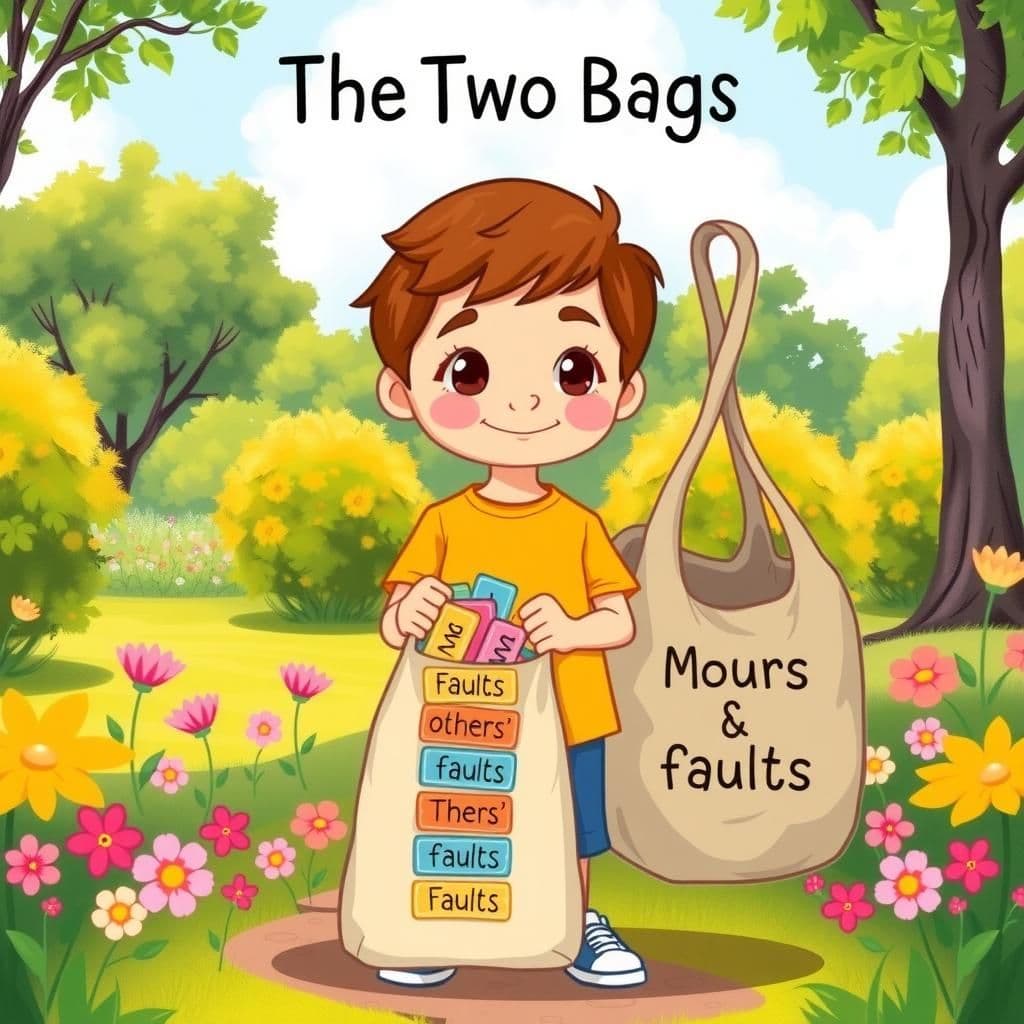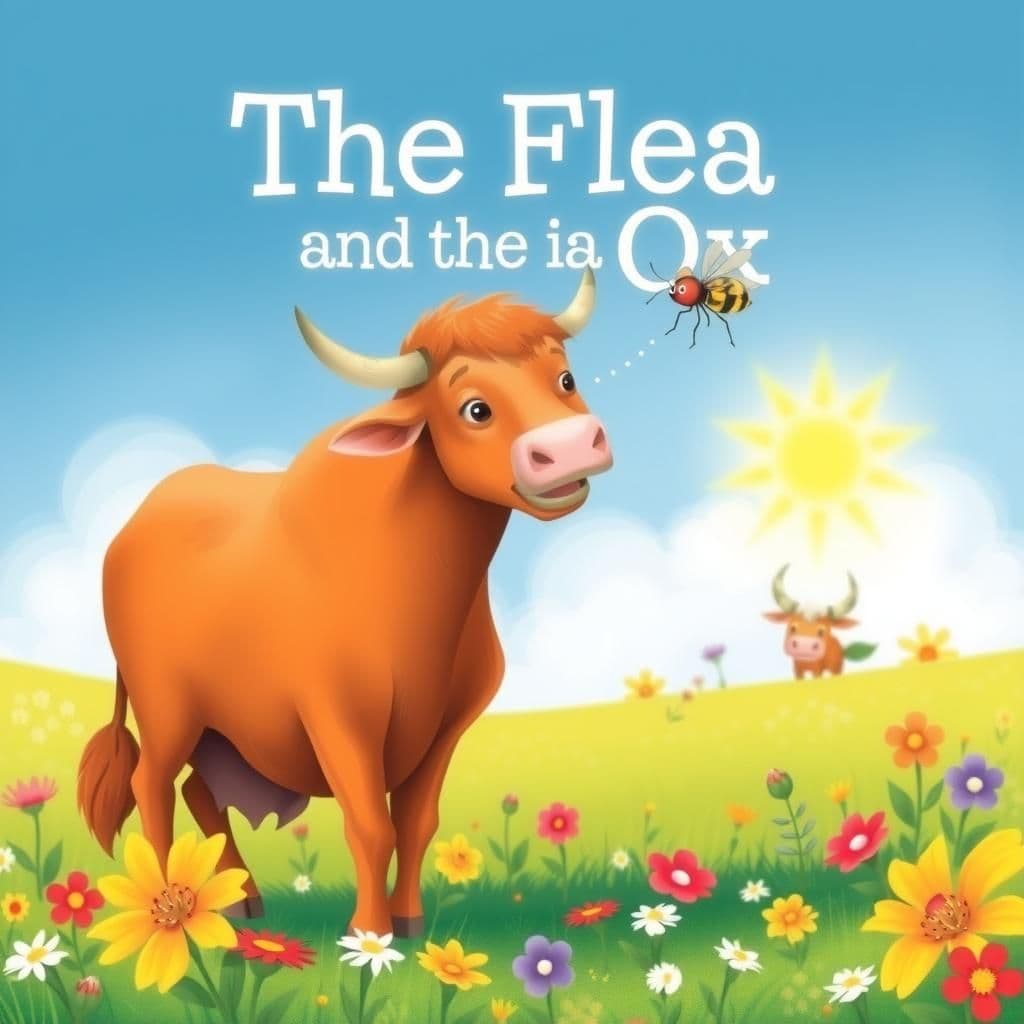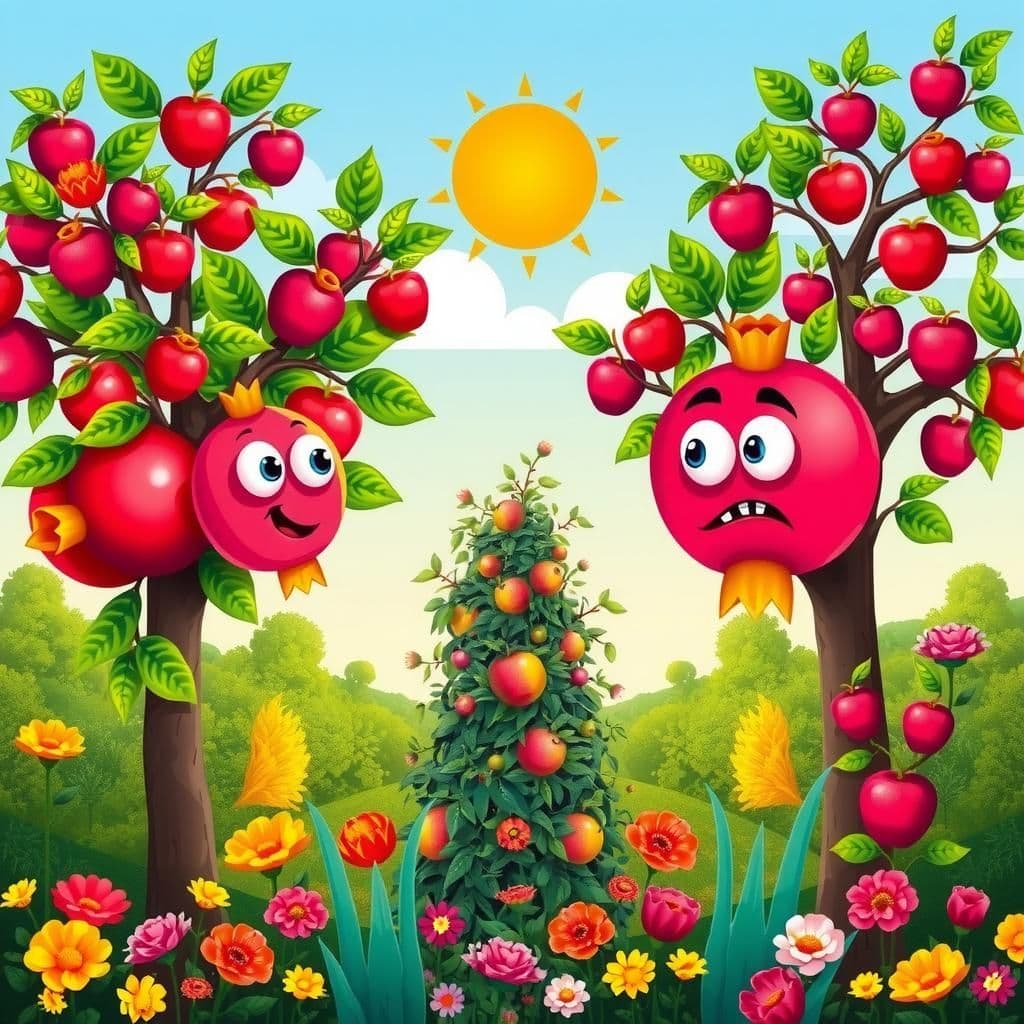The Flea and the Wrestler

Story Summary
In "The Flea and the Wrestler," a popular moral story, a Wrestler, bitten by a Flea, calls upon Hercules for help. Frustrated by his inability to defeat such a minor foe, he questions how he can expect assistance against larger challenges, highlighting the lessons learned from stories about facing one's fears, no matter how small. This engaging moral tale serves as a reminder that overcoming even the smallest obstacles is essential for tackling greater adversities.
Click to reveal the moral of the story
The moral of the story is that if one cannot handle small challenges, they are unlikely to succeed against larger ones.
Historical Context
This story reflects the ancient tradition of using humor and exaggeration in fables to convey moral lessons, often attributed to Aesop, a storyteller from ancient Greece. It highlights themes of human vulnerability and the folly of seeking help from higher powers for minor problems, a motif that resonates through various retellings and adaptations in literature, including works by authors like Jean de La Fontaine and later adaptations in children's literature. The reference to Hercules, a symbol of strength and heroism in Greek mythology, underscores the irony of invoking a demigod for trivial grievances.
Our Editors Opinion
This fable illustrates the importance of addressing small challenges before they escalate into larger ones, a lesson that resonates in modern life as we navigate everyday stressors. For instance, a student overwhelmed by minor assignments may ignore them, leading to a larger crisis when looming deadlines approach, highlighting the need for proactive management of even the smallest tasks.
You May Also Like

The Two Bags
In the culturally significant moral story "The Two Bags," an ancient legend reveals that every person is born with two bags: one in front filled with the faults of others and a larger one behind containing their own faults. This poignant metaphor serves as a lesson learned from stories, illustrating how individuals are quick to perceive the shortcomings of others while often remaining blind to their own failings. As a compelling addition to short story collections with moral themes for adults, it emphasizes the importance of self-reflection and humility.

The Flea and the Ox
In the classic moral story "The Flea and the Ox," a flea humorously questions an ox about its choice to endure servitude despite its size and strength, while it feeds on humans without restraint. The ox explains that it appreciates the love and care it receives from people, contrasting sharply with the flea's experience of danger from human touch. This tale highlights differing perspectives on companionship and survival, making it a memorable addition to famous moral stories and childhood stories with moral lessons.

The Pomegranate Apple-Tree and Bramble
In the culturally significant moral story "The Pomegranate Apple-Tree and Bramble," the Pomegranate and Apple-Tree engage in a vain dispute over their beauty. Their quarrel is interrupted by a boastful Bramble, who suggests they stop their argument in his presence, highlighting the folly of pride. This concise moral story serves as a life lesson, reminding readers of the importance of humility over vanity, making it a valuable addition to the top 10 moral stories for class 7.
Other names for this story
Flea vs. Wrestler, Hercules and the Tiny Terror, The Wrestler's Tiny Adversary, Battling a Flea, Hercules, Help Me! Flea Fiasco, The Mighty and the Minuscule, Wrestler's Flea Dilemma
Did You Know?
This fable highlights the theme of seeking help for seemingly trivial problems, suggesting that if one cannot handle minor annoyances, they may struggle with larger challenges. It also reflects on the irony of calling for divine assistance while facing a small adversary, emphasizing the need for self-reliance in the face of life's struggles.
Subscribe to Daily Stories
Get a new moral story in your inbox every day.